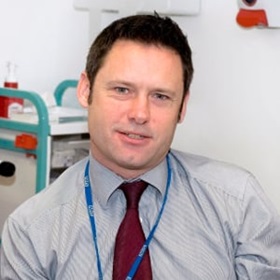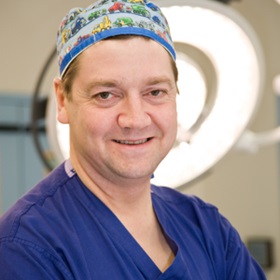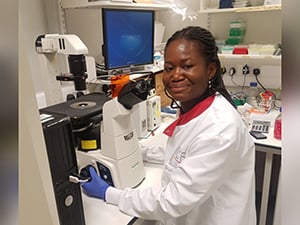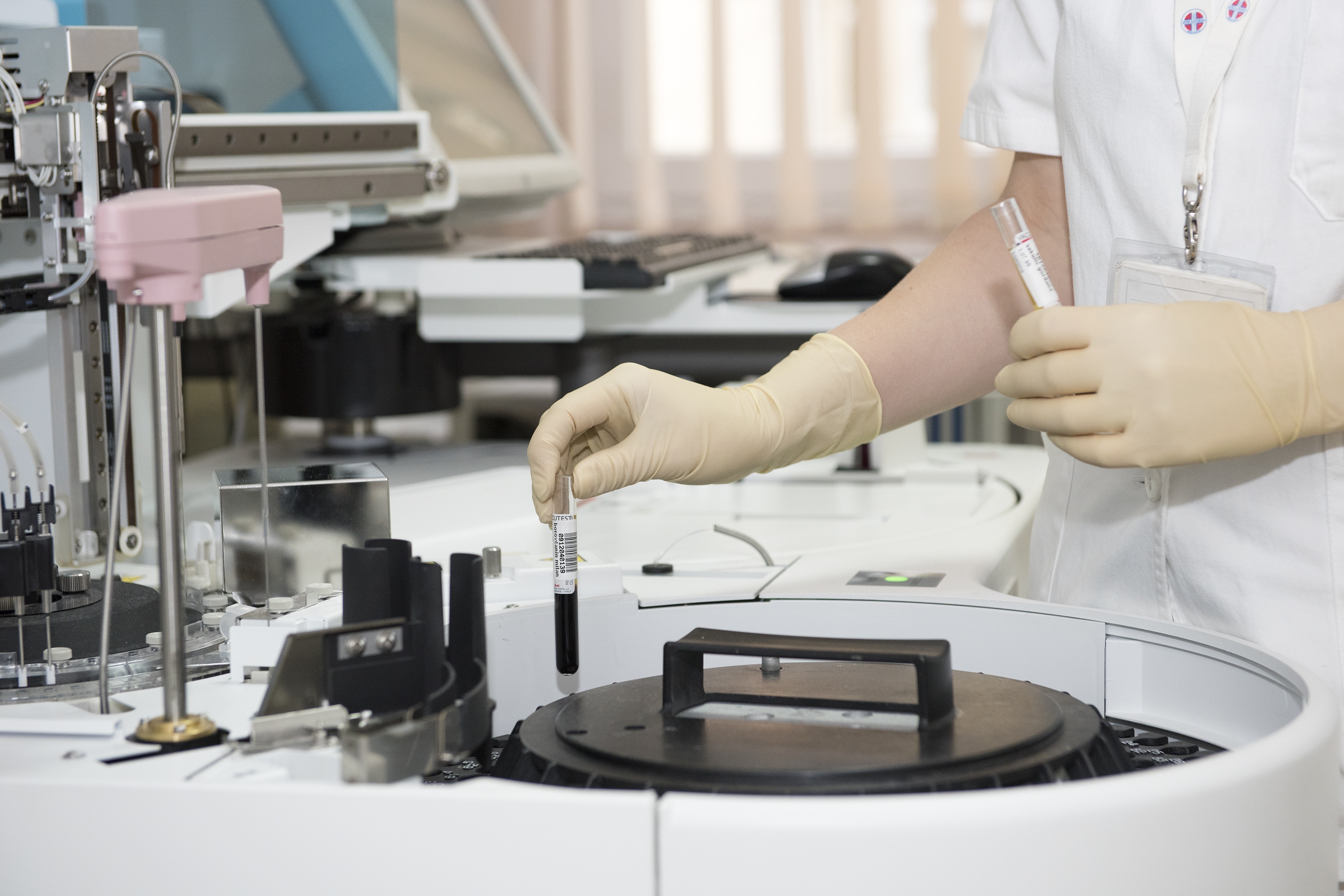Division of Clinical Studies
The Division of Clinical Studies carries out or coordinates high-quality trials and translational research at both an early phase – typically to test new targeted drugs – and a later stage. It overlaps with the Drug Development Unit, run jointly by The Institute of Cancer Research, London, and The Royal Marsden NHS Foundation Trust, and houses the Cancer Research UK-funded ICR Clinical Trials and Statistics Unit (ICR-CTSU).
Aims, facilities and activity in this division
The division incorporates experts from medicine, paediatrics, haematology and surgery, along with statisticians and specialists in clinical trial design. Its multidisciplinary set-up allows it to develop clinical trial protocols for targeted drugs and technologies across multiple tumour types, in both adults and children.
Researchers in the Division of Clinical Studies were closely involved in the development of abiraterone, which was approved for use in the NHS for men with advanced prostate cancer in 2012. As well as developing new treatments, the division also conduct trials in which biomarkers are used to identify and target specific cancer types.
Members of Faculty are joint appointed with the divisions of Cancer Biology, Cancer Therapeutics or Radiology and Imaging to ensure scientific and technical developments are rapidly taken through to the clinic. This division is also totally committed to the training of the next generation of clinician-scientists and statisticians.
The Drug Development Unit is one of the world’s leading centres for phase I trials in cancer, and treats around 300 patients each year. It aims to seamlessly bring together preclinical drug discovery, proof-of-principle phase I trials and tumour-specific evaluation of novel agents.
Many of these clinical trials are focused on molecularly targeted treatments, matched to the particular molecular features of a patient’s tumour. The eventual aim is to provide fully personalised medicine, tailored to exploit the specific weaknesses of a patient’s tumour at that point in time.
The conduct of the Pharmacodynamic Audit Trail (PhAT) is central to the studies run in this unit, which is also focused on developing novel biomarkers, triple signs and the optimal study of drug combinations.
The ICR-CTSU is a research led, academic trials unit established in the 1980s. The main objective of the ICR-CTSU is to lead the design, conduct and analysis of multi-centre national and international randomised controlled clinical trials of cancer treatments which will directly influence routine clinical practice within the NHS and worldwide.
Its trials form an important part of the national portfolio of randomised trials in breast cancer, urological cancers, head and neck cancers and radiotherapy techniques. It is also increasingly involved in exploratory and adaptive phase II targeted treatment trials and trials in rarer tumour groups.
Our research group leaders
.tmb-propic-md.jpg?Culture=en&sfvrsn=268711eb_1)
Dr Adam Sharp
Group Leader
Translational Therapeutics
Dr Nuria Porta
Group Leader
ICR-CTSU Gynaecological Cancers Trials and Imaging Studies
Dr Sally George
Group Leader
Developmental Oncology
Professor Emma Hall
Director of ICR-CTSU
ICR-CTSU Radiotherapy, Urology and Head and Neck Cancers Trials

Professor Judith Bliss
Professor of Clinical Trials, Group Leader
ICR-CTSU Breast and Rare Cancers Trials.tmb-propic-md.jpg?Culture=en&sfvrsn=c25d2b2f_9)
Professor Louis Chesler
Clinical Senior Lecturer/Group Leader
Paediatric Solid Tumour Biology and TherapeuticsHonorary faculty members

Dr Andrew Furness
Associate Honorary Faculty

Dr Fernando Carceller
Associate Honorary Faculty
Paediatric & Adolescent Neuro-Oncology and Drug Development (Carceller)
Dr Julia Chisholm
Honorary Faculty
Sarcoma Clinical Trials in Children and Young People
Professor James Larkin
Honorary Faculty
Melanoma and Kidney Cancer
Professor Mary O'Brien
Honorary Faculty

Professor Naureen Starling
Honorary Faculty

Professor Robin Jones
Honorary Faculty
Sarcoma Clinical Trials (R Jones)
Professor Sanjay Popat
Honorary Faculty
Thoracic Oncology

Thomas Ind
Associate Honorary Faculty
Gynaecological Oncology SurgeryWorking in this division

Employee Story
Elicia Fyle is a Scientific Officer working in the Paediatric Solid Tumour Biology and Therapeutics team, in Professor Louis Chesler's lab.
"Life-saving treatments for cancer patients start at the lab bench. My role in conducting experiments such as Western blots to detect whether there are changes in protein expression leads to effective drugs being developed for patient benefit."




